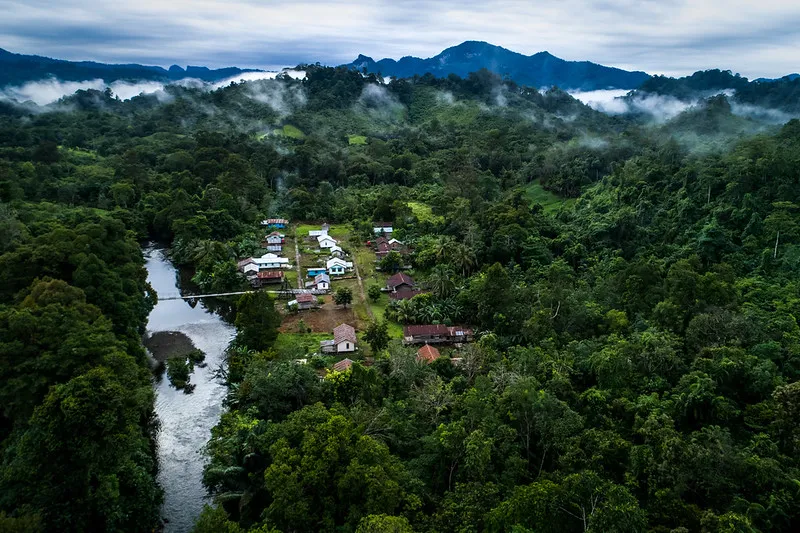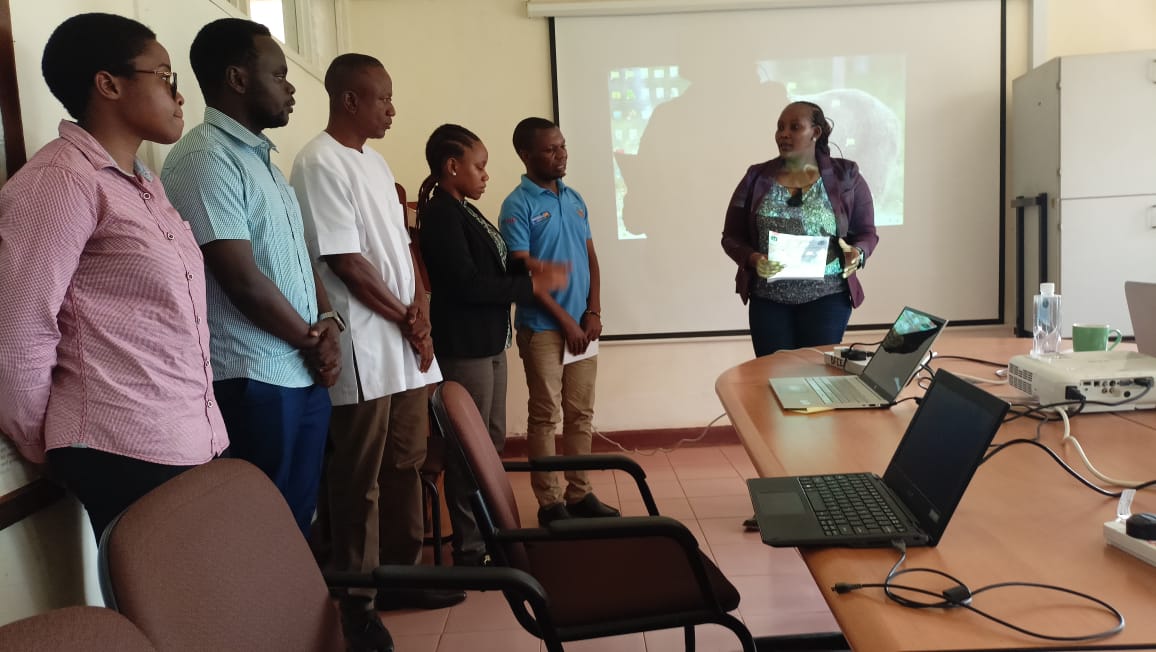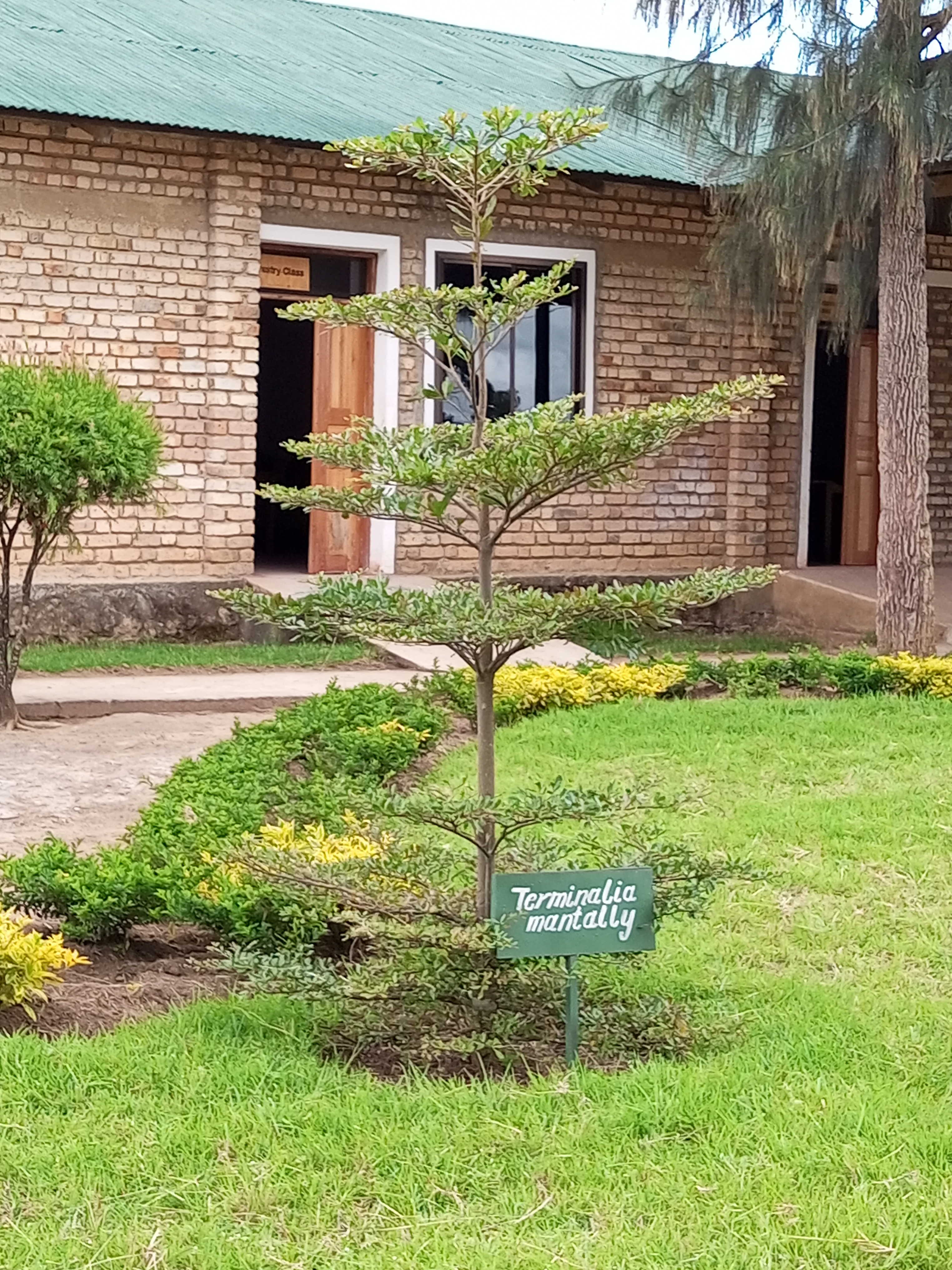The forests of Central Africa, through the provision of goods and services, play an essential role in regulating the climate system as well as contribute to the achievement of the UN Sustainable Development Goals (SDGs). The forests serve a number of other sectors including agriculture, energy, infrastructure and extractive industries. When these forests are sustainably managed, they have the potential of providing sustainable nature-based solutions to many issues related to water, energy, food and nutrition security, the fight against poverty, amongst others. However, the lack of appropriate intersectoral actions has been identified as a major hindrance to the proper monitoring of the contribution of Central African forests to the SDGs, according to a 2022 report.
The report, Congo Basin Forests – State of the Forests 2021, produced by the Central Africa Forest Observatory (OFAC) highlights the involvement of different actors in forest management as a recurrent problem. Also, it shows that a silo approach to responding to forest degradation and biodiversity loss won’t work because of the multifunctional nature of forests. The researchers note that pressure from different industries are a threat to Central Africa’s forests, and as such strengthening the monitoring of the contribution of forests to the SDGs cannot be done in isolation by the actors of the forest sector alone. They cite Kinshasa, where 90% of the population uses firewood for cooking, as an example, and say the problems posed by the supply of wood energy should be addressed as an integral part of a coordinated energy policy that takes into account the main players in the biomass energy sector.




